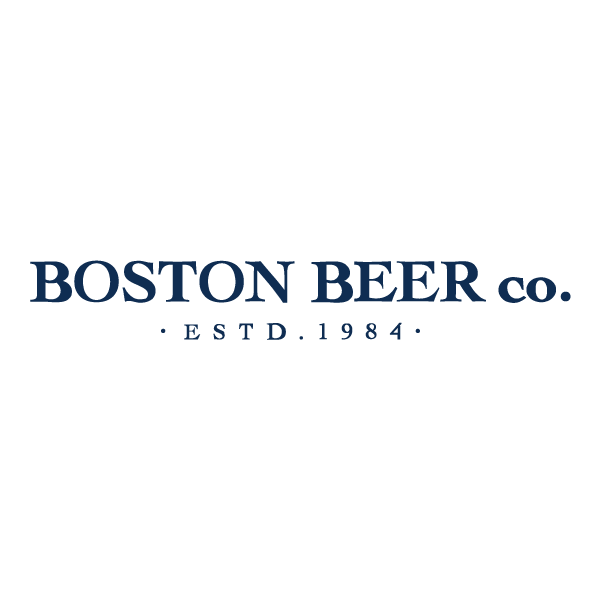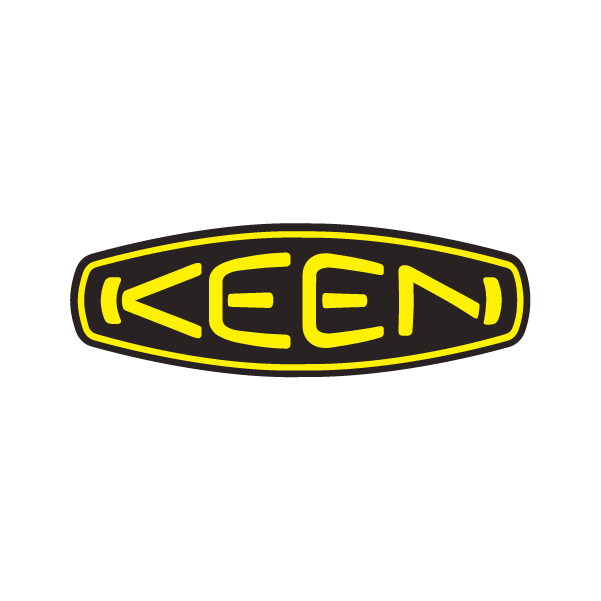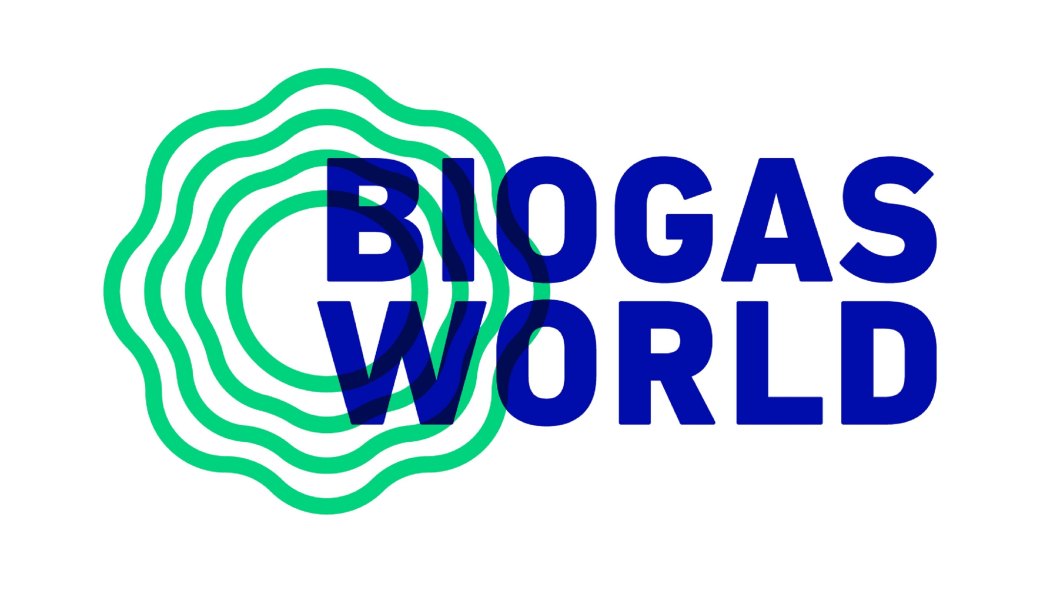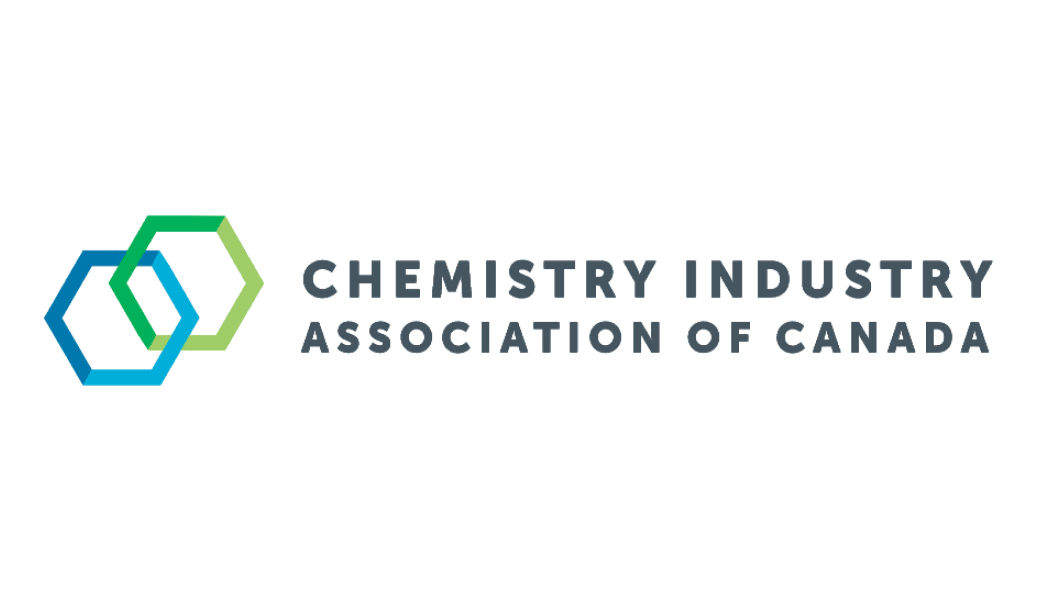
Advanced BioRecycle Plastics
Converting plastic waste into renewable energy
Our Mission
The planet is in need of sustainable solutions.
Technologies
Our organic additives are designed to help
Reduce plastic waste, with accelerated biorecyclability
ABout Us
We work with nature,
not against it
Contact
Get in touch with us
Modori-Bio is working with over 150 brands to make sustainable plastics a reality. Here are a few of our brand partners that are ready to share their story.
Testimonials

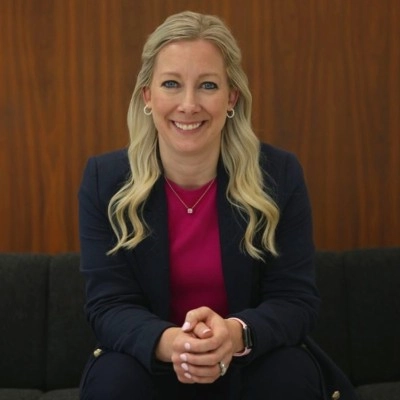



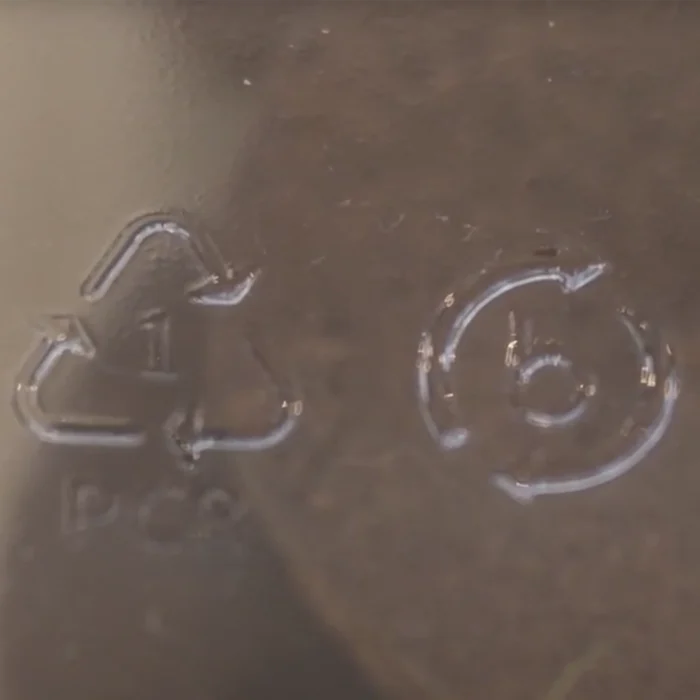
Watch as Advancements explores Midori Bio’s Advanced BioRecycling
https://youtu.be/Knxwg4BbE0s?si=M5PTdO1oGro9klqD Innovations in sustainable practices could help reduce our carbon footprint and reduce our negative imprint on futuregenerations. Watch as Ted Danson introduces you to Midori Bio’s Advanced BioRecycling.
Tracking your plastic: Exposing recycling myths (Marketplace)
Investigative journalists go undercover overseas, posing as recycling brokers, to uncover the hidden truths of the global plastic recycling trade. Their findings expose Malaysian companies willing to bypass regulations to purchase Canadian plastic—some of which ends up in illegal landfills, where burning waste releases harmful toxins that may be endangering local communities. Meanwhile, back in Canada, a large-scale experiment follows the journey of nine tonnes
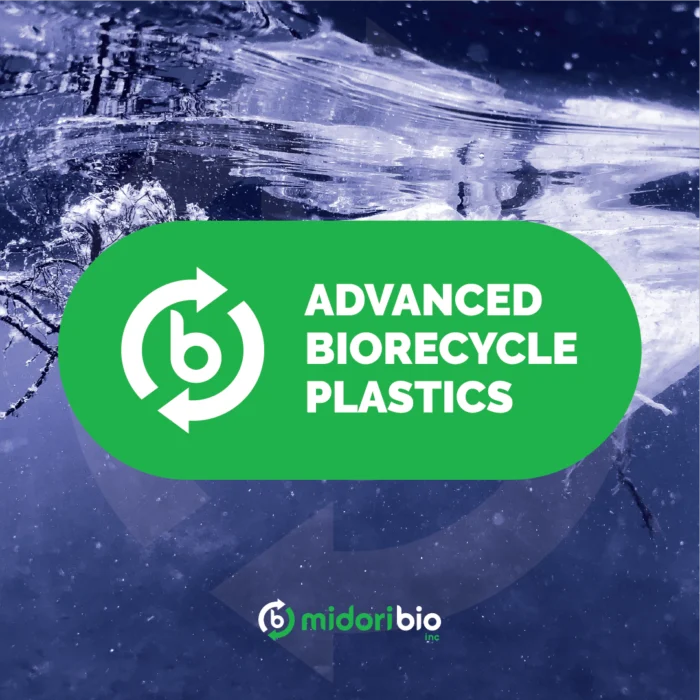
Ocean Plastic Pollution: Why Biodegradable Plastics Aren’t the Answer
The Growing Crisis of Ocean Plastic Every year, millions of tons of plastic waste enter our oceans, harming marine ecosystems and wildlife. In response, many companies have turned to biodegradable plastics as a supposed solution. But do these materials really help reduce ocean pollution, or are they just another form of greenwashing? In this article, we’ll explore why biodegradable plastics fail to address the plastic
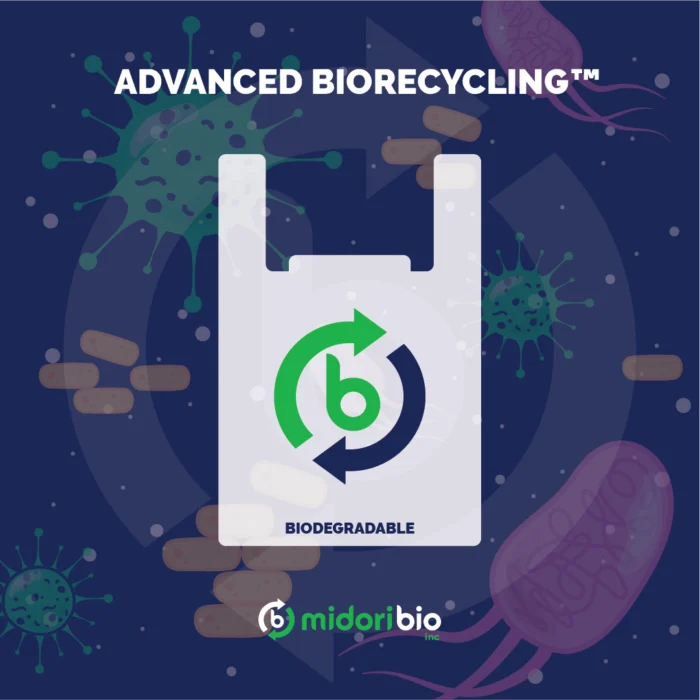
The Hidden Truth About Biodegradable Plastics: Are They Really Eco-Friendly?
Introduction: The Myth of Biodegradable Plastics Many consumers and businesses believe that biodegradable plastics are the ultimate solution to plastic pollution. The term “biodegradable” suggests that these materials will naturally disappear over time, leaving no trace behind. However, the reality is far more complex. In this article, we’ll explore what biodegradable plastics really are, their hidden limitations, and why Advanced BioRecycling™ is a more effective
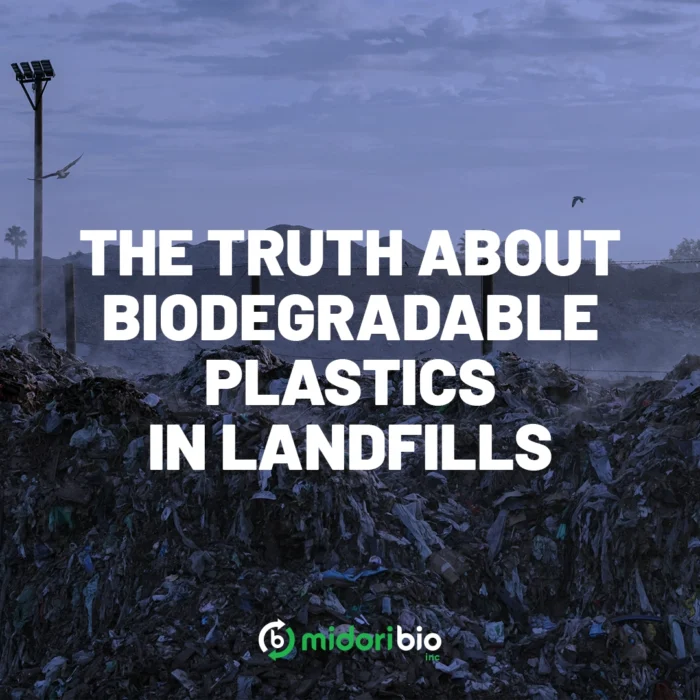
The Truth About Biodegradable Plastics in Landfills: Do They Really Break Down?
Introduction: The Biodegradable Plastics Misconception Many businesses and consumers assume that biodegradable plastics are a sustainable solution to landfill waste. The idea that these materials will naturally degrade over time sounds appealing, but does it hold up in real-world conditions? The truth is, most biodegradable plastics do not break down effectively in landfills. In this article, we’ll explore how landfills actually function, why biodegradable plastics
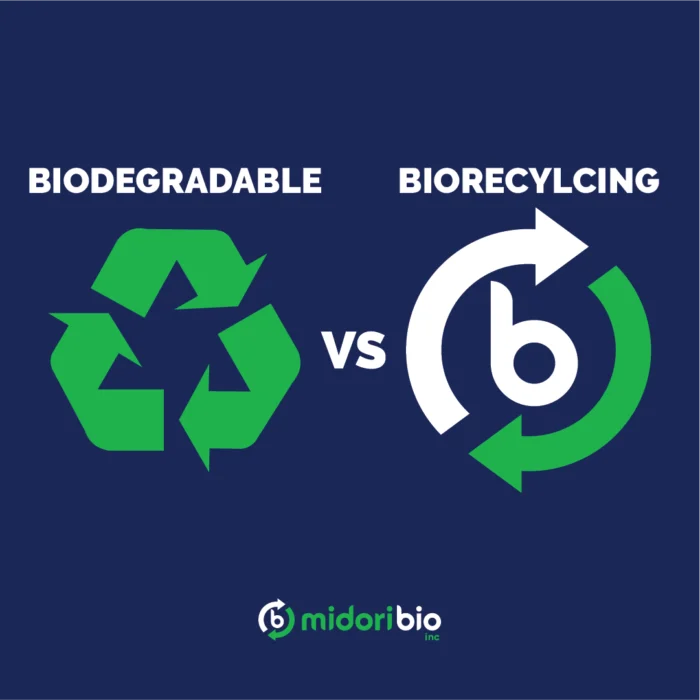
Biodegradable Plastics vs. Advanced BioRecycling™: Which is Truly Sustainable?
Introduction: The Biodegradable Plastic Dilemma With rising environmental concerns, businesses are looking for eco-friendly plastic alternatives. Biodegradable plastics often seem like the answer, but do they truly address plastic pollution? While they promise to decompose naturally, the reality is more complicated. Advanced BioRecycling™ presents a more effective, scalable solution. This article compares biodegradable plastics and Advanced BioRecycling™ to determine which approach is genuinely sustainable. What


